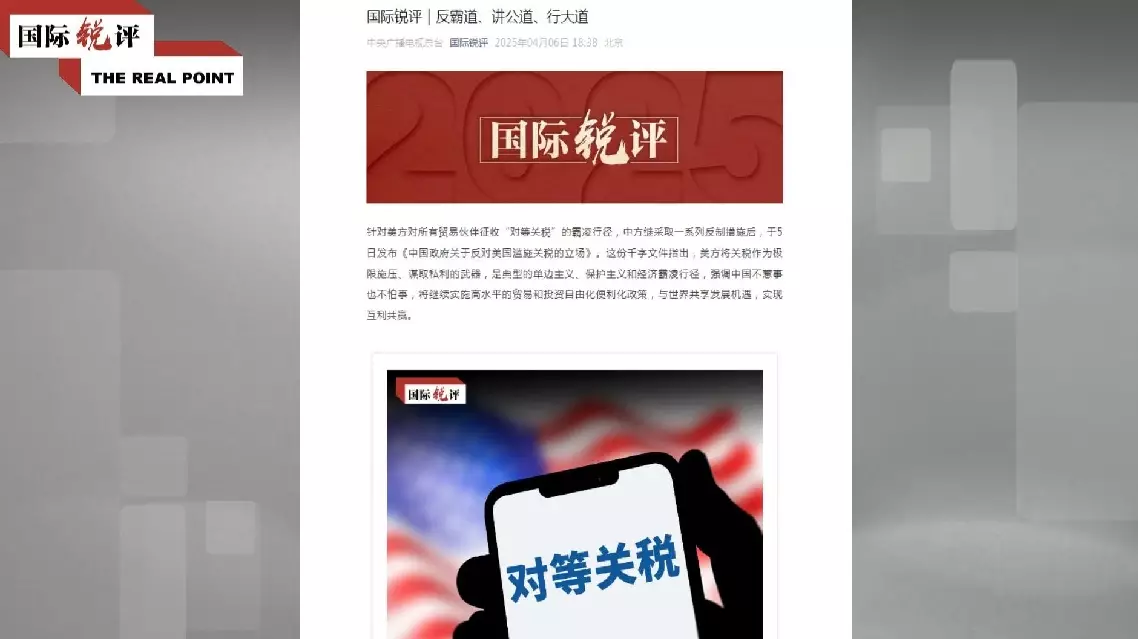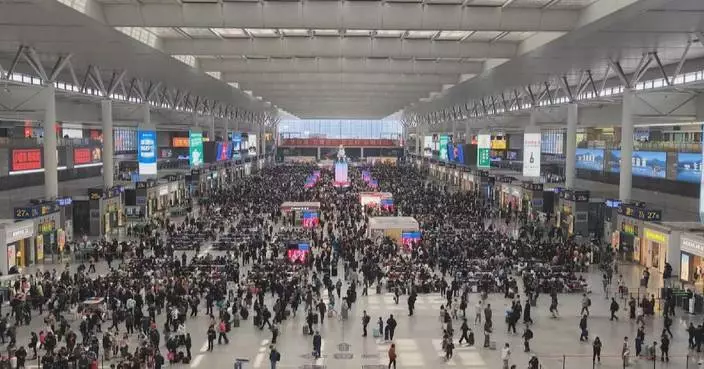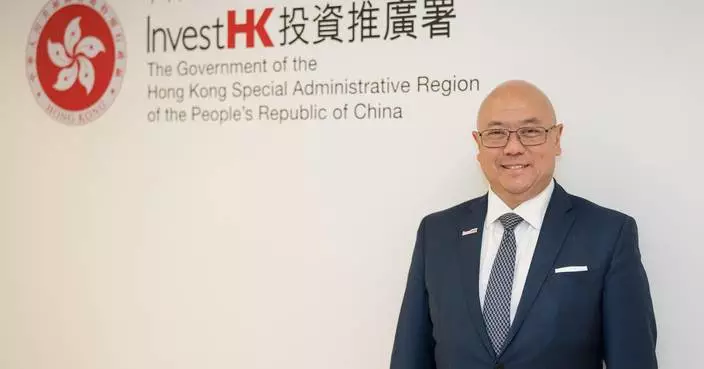A newborn baby was safely delivered on Wednesday at the Xigaze People's Hospital in Xigaze City of southwest China's Xizang Autonomous Region after the mother was transfered from the quake-hit Dingri County earlier on that day.
According to the doctors from the hospital, the newborn is a baby boy, and was given birth to at around 07:40 Wednesday morning.
"The baby is a boy and weighs 2,900 grams. He suffered from mild asphyxia, so we immediately transferred him to the neonatology department for treatment. After the delivery, the mother of the newborn returned to her ward, and her vital signs stays at normal ranges. Both mother and baby are doing well. The baby is currently under treatment in the neonatology department," said Butri, director of the gynaecology and obstetrics department, Xigaze People's Hospital.
Kunga Drolma, an attending physician of the neonatology department of the hospital, said the condition of the newborn is stable.
"We took measures to keep the baby warm and administered oxygen after he was transferred to our department. His vital signs are currently stable," she said.
Doctors said the mother of the newborn went for a prenatal checkup on Tuesday, the day of the earthquake, in quake's epicenter in Dingri County.
Due to the earthquake and her abnormal blood pressure, she was transferred more than 300 kilometers to Xigaze People's Hospital in the early hours of Wednesday.
"We gave the pregnant woman acute antihypertensive drugs after admission. The patient was a 38-week pregnant woman with extremely high blood pressure, and we discovered she also has congenital heart disease, so continuing the pregnancy posed a risk of complications at any moment. Therefore, with the consent of the family, we urgently performed a cesarean section," Butri said.
The 6.8-magnitude earthquake jolted Dingri County of Xigaze on Tuesday morning, with at least 126 people confirmed to have lost their lives and 188 others injured, while over 3,600 homes collapsed.

First after-quake baby born in Xigaze of Xizang
China will firmly fight against economic hegemony, advocate justice, and stick to the right path against the sweeping tariffs by the United States, and will open ever wider to the world no matter how the international situation changes, according to a commentary of The Real Point published on Sunday.
An edited English version of the commentary is as follows:
In response to the U.S. imposition of "reciprocal tariffs" on all trading partners, China issued the Chinese Governments Position on Opposing U.S. Abuse of Tariffs on Saturday, after taking a series of countermeasures.
The thousand-word document pointed out that the United States uses tariffs as a weapon to exert extreme pressure and pursue its own selfish interests, which is a typical act of unilateralism, protectionism and economic bullying.
The paper also emphasized that China does not provoke trouble but is not afraid of trouble, and will continue to implement a high-level trade and investment liberalization and facilitation policy to share development opportunities and achieve mutual benefit and win-win results with countries around the world.
Li Haidong, a professor at China Foreign Affairs University, told The Real Point that this position paper demonstrates China's high sense of responsibility to uphold fairness and justice without fear of power politics, which will be conducive to the efforts of the international community to pool together resultant forces and continue promoting economic globalization.
Meanwhile, China's determination to promote high-level opening-up has boosted the courage and confidence of other countries to fight against unilateral bullying and injected certainty into a changing and turbulent world, according to Li.
There are no winners in a trade war and there is no way out for protectionism. When the U.S. complains that the whole world is taking advantage of it, it deliberately distorts a fact that the U.S. is the biggest beneficiary of the world's free trade system since the end of World War II.
Since the establishment of diplomatic relations with China in 1979, the United States has long been reaping substantial profits from its economic and trade ties with the country. More than 70,000 American companies have invested and started businesses in China, and exports to China supported 930,000 jobs in the United States, which maintained a huge surplus in service trade in particular.
According to data from the U.S. Bureau of Economic Analysis, in 2023, the United States exported 46.72 billion U.S. dollars in services to China, and had a trade surplus of 26.57 billion U.S. dollars in services with China.
The Economist criticized the current U.S. trade policy for ignoring the unprecedented prosperity that globalization has brought to the United States.
The U.S. arbitrarily uses tariffs to blackmail other countries at will, attempting to sacrifice the interests of the whole world for U.S. hegemony. But any exertion of pressure and intimidation are useless to China.
This year, in the face of the continuous tariffs imposed by the United States, China has introduced a series of precise and effective measures, as one of the first countries taking countermeasures. The country's move is not only to safeguard its own sovereignty, security and development interests, but also to defend the multilateral trading system and international trade rules.
The world is not a jungle society, and everything must be fair and just. Development is a universal right of all countries in the world, not an exclusive right of a few countries.
The United States has unilaterally imposed tariffs on all its trading partners, violating the WTO's Most-Favored-Nation treatment principle and attempting to subvert the existing international economic and trade order. Its nature is to pursue "America first" and "America special" and deprive other countries of their legitimate right to development.
Over the past days, the European Union, France, the United Kingdom, Italy, Japan, Australia, Singapore, South Africa, Canada and other countries have been criticizing the United States.
China's position paper clearly states that "international affairs should be addressed through consultation, and the future of the world should be decided by all countries", reflecting the common aspirations of the international community and China's consistent position of speaking and doing fair things.
While the United States continues to build "high walls around a small yard" and erect tariff barriers, China is constantly "opening its doors" and "building bridges and roads" to bring more opportunities to the world.
On March 28, Chinese President Xi Jinping met with representatives of the international business community in Beijing and reiterated that China is determined to promote reform and opening up, China's door will only open wider, and China's policy of welcoming foreign investment has not changed and will not change.
The China Development Forum 2025, held in Beijing from March 23 to 24, attracted more than 80 representatives of multinational companies, among which American companies made up the largest proportion, reaching about one-third.
A report released by global management consulting firm Kearney shows that in the ranking of foreign direct investment confidence in the next three years, China has jumped from 7th to 3rd, and ranked first in the special ranking of emerging markets.
At a time when the world is in turmoil and the United States is abusively imposing tariffs, China's position paper sends a strong message to the world about maintaining the multilateral trading system and promoting economic globalization.
The world wants justice, not hegemony. This is China's clear declaration and the common voice of the international community.

China opposes hegemony, upholds right path against sweeping U.S. tariffs: commentary
















































